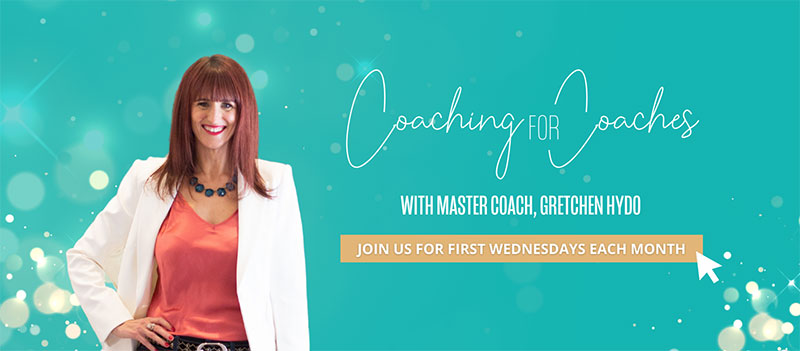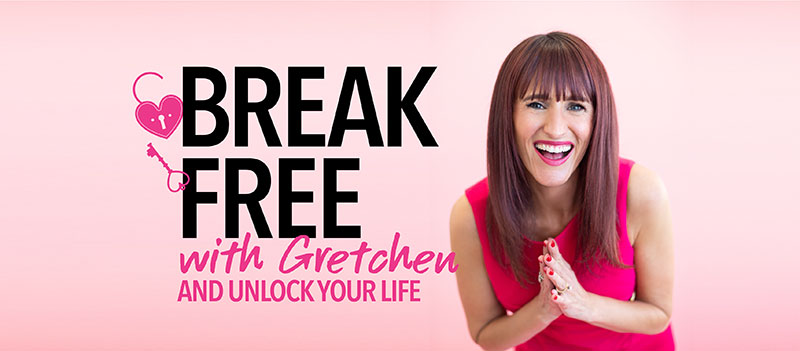 Last week we celebrated the Fourth of July here in the United States, also known as “Independence Day.” It’s a holiday that most of us spend outside, enjoying the warm weather, eating barbecue, and watching fireworks. Our country’s heritage of forging its own course and going its own way from dependence on another entity is something that we probably don’t spend that much time thinking about. But I happen to believe that independence is a fantastic term for us to meditate on this season. I mean, think about it. We decided to untether ourselves from Jolly Old England and we risked everything in the process. We had to create a government from the ground up, follow our own rules, decide laws based on no precedents whatsoever. In other words, we had to completely start over with no one watching out for us – and just hope that the common goal of a more fair and just society would be at the end of all of the trouble. However you feel about the way things wound up for us, I think we can all take some inspiration from what a massively gutsy move this was.
Last week we celebrated the Fourth of July here in the United States, also known as “Independence Day.” It’s a holiday that most of us spend outside, enjoying the warm weather, eating barbecue, and watching fireworks. Our country’s heritage of forging its own course and going its own way from dependence on another entity is something that we probably don’t spend that much time thinking about. But I happen to believe that independence is a fantastic term for us to meditate on this season. I mean, think about it. We decided to untether ourselves from Jolly Old England and we risked everything in the process. We had to create a government from the ground up, follow our own rules, decide laws based on no precedents whatsoever. In other words, we had to completely start over with no one watching out for us – and just hope that the common goal of a more fair and just society would be at the end of all of the trouble. However you feel about the way things wound up for us, I think we can all take some inspiration from what a massively gutsy move this was.
So, in the spirit of being gutsy, let’s look at some ways that we can each cultivate a bit more independence in our lives. The first definition of independence in the dictionary means “being free from outside control, not depending on another’s authority.” What are you depending on that may not be so good for you? What patterns, fears, or outside opinions are you turning into your “authority”? An authority, or to borrow a phrase from twelve-step programs, a “Higher Power,” can provide the feeling of security and safety, even if it makes us feel bad about ourselves. This doesn’t need to be an outside influence – it can be the way you view yourself, the stories you tell yourself, or the hyper-critical lens through which you see yourself. As we’ve discussed in previous blogs, the way we see the world and what we say to ourselves about ourselves can have a direct impact on our actual circumstances. For example, if we tend to speak to ourselves in a critical way, always pointing out our flaws, then we’ll naturally gravitate toward critical people, because it will feel familiar. Naming our authorities is crucial if we want to change our lives. Once we’ve done that, here are some good first steps to try to become free of their control:
- Learn to trust yourself. When you trust your own instincts, you don’t need to run to other people for advice. All you have to do is listen to that clear inner voice that tells you what you already know. You stop asking for permission, or “running something by” someone else who you secretly trust more than yourself. Instead your own opinion will be your authority. Incidentally, breaking this habit also gives you a nice side benefit: it releases you from the need for constant validation, which most people look to (these days) from social media. Using social media as a way to feel good about our decisions, our lifestyle, and our appearance is a losing proposition, as the validation never lasts that long, and only stokes the need for more. When you operate from a focal point of quiet strength and confidence, you quickly eliminate the need for outside confirmation.
- Be the model for a healthy relationship. If you relate to yourself in a consistently positive way, then this becomes a template for other relationships in your life. Most of us take a cue from others when we learn how to treat ourselves. If we are on the receiving end of unfulfilling, or worse, manipulative, friendships, then we will treat ourselves with the same level of disregard or straight-out contempt. What we need to do is reverse things – learn how to treat ourselves well first. If we set the template first, then we stop tolerating behavior from others that is anything less than this.
- Don’t be afraid of feeling alone. When we are part of a pack, and going along with the herd, our brain releases oxytocin, the “love hormone.” We feel safe and secure, cozy and warm, among the flock. Whenever we are apart from the pack, we feel the opposite: unsafe, insecure, prone to danger. This is why speaking up, being assertive, and following the beat of our own drummer can feel so threatening. It’s not that we are actually in danger. It’s just that we’ve lost the “high” of that hormone and that makes us feel edgy and scared. Remember this as you struggle to try on new roles and responsibilities. It is normal to fear the loss of old relationships by breaking out of old, and constrictive, roles. But it’s comforting to know that the sense of “uh oh, I’m in trouble” you’re feeling isn’t based on anything real. It’s just your brain chemistry acting up.
- Let go of unnecessary dependence. Take a look at where in your life you’re not standing on your own two feet. Is it financial? Is it emotional? Are you settling in an area of your life where you could instead be going for broke and realizing your dream? Once you’ve established where this is happening in your life, see if you can take small steps to let go. If it’s financial dependence, make an action plan to get you into a better place. See where you have to go and what you have to accomplish.
If you need more help creating self-reliance and independence in your life, schedule a complimentary 30-minute session with me here.





